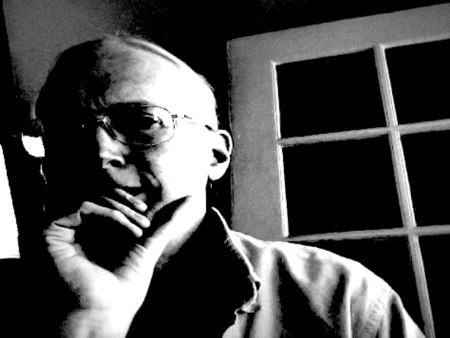Since some people are not able to feel spiritual turmoil, I thought I’d briefly describe what it feels like from the inside. And then, less briefly, I’ll reflect on spiritual turmoil from the perspective of phenomenological investigation.
One of the main feelings I have experienced during spiritual turmoil is a feeling of unease — not a feeling of dis-ease or pathology, but a lack of ease. Things are changing, internal landscape is shifting, a sense of ease is impossible. This feeling is akin to the feelings of unease that arise during other periods of human change: the physical unease that comes after growth spurts in childhood when suddenly arms and legs are longer than they used to be; the unease that comes during the hormonal changes of puberty; the unease that comes during situational changes such as falling in love or losing a job or death of someone close to you or the birth of your child. However, the unease that comes with spiritual turmoil has not, in my experience, been necessarily tied to either physiological changes or situational changes; indeed, in my experience spiritual turmoil can lead to situational changes, and even to physiological changes, especially when someone ignores the spiritual turmoil and tries to get on with life as if it’s not present.
Where, then, does spiritual turmoil come from? I certainly don’t have a definitive answer to that question. The easy answer in Western society, since at least the time of the ancient Greeks, is that spiritual turmoil comes from the gods or from God. I’m not satisfied with that easy answer, but I’ll take a moment to review it.

According to Plato, Socrates sometimes fell into a trance-like state, when his daimon was communing with him; and his daimon directed him, as it were, to cleave to the truth even at the cost of his life. Continue reading “Turmoil, part three”
